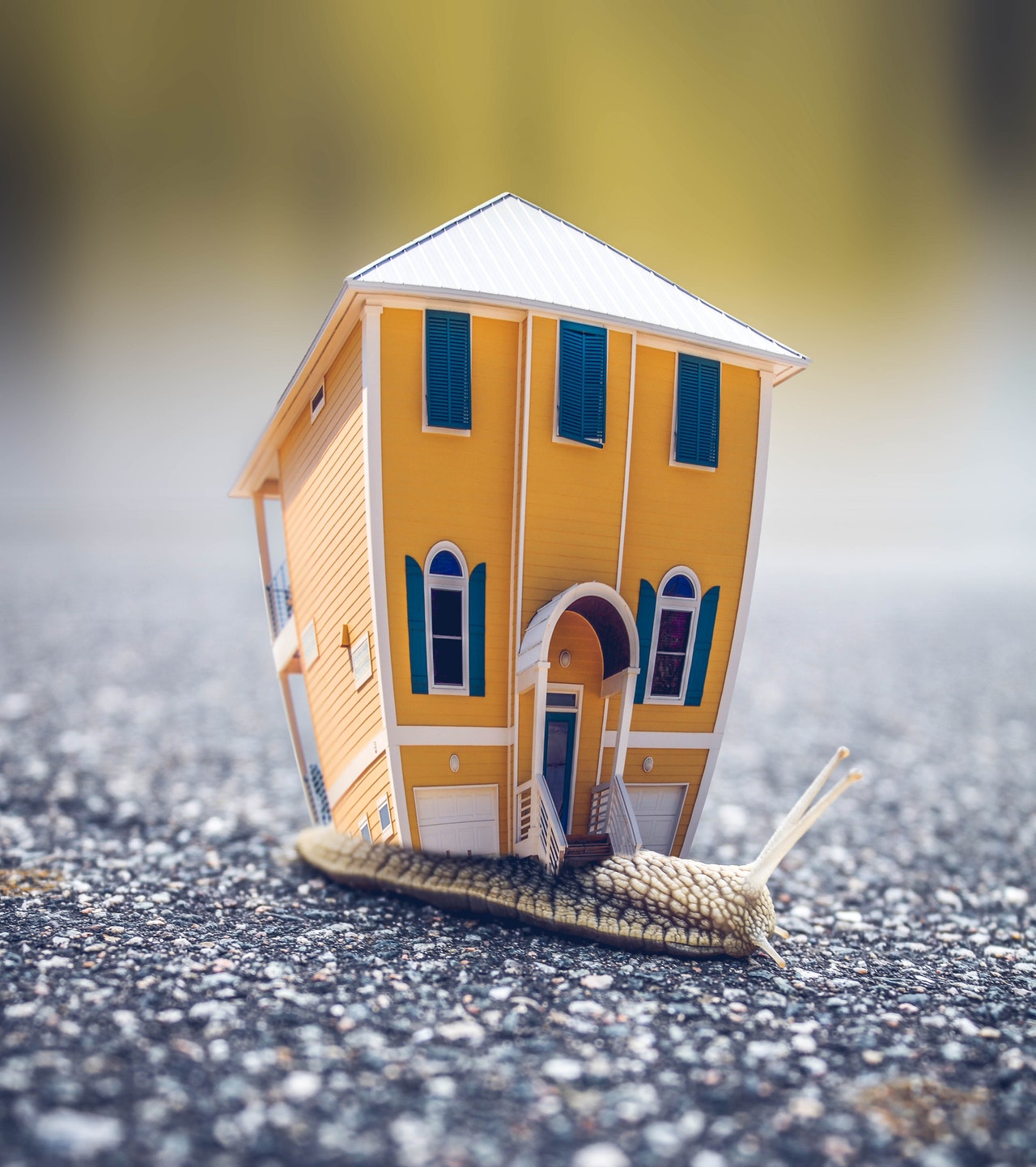Lots of people are talking about it, but it seems just as many are confused about the true meaning of what is minimalism in its purest sense, especially when it comes to incorporating minimalism into your life and business.
It’s easy to see why. The fact is, minimalism means something different to everyone. Even the dictionary doesn’t offer a clear definition, at least not in the context we’re talking about – growing a successful business with minimalist practices.
Instead, the dictionary’s definition refers to a few other things:
a style or technique (as in music, literature, or design) that is characterized by extreme sparseness and simplicity (Source: Merriam Webster)
Pay attention to these two key words – sparseness and simplicity. Those words lay a great foundation for a minimalist lifestyle and business. When you learn to run your business and life with sparseness, you’re letting go and giving up the excesses around you (things you can ‘spare’ and possessions you don’t need) and doing so will lead to a simpler life. We can even take this a step further: Letting go of things in excess also means letting go of ‘busy work’ and even carrying too much debt.
In other words, minimalism is getting rid of all the excess around us so that we can live a life of meaning and simplicity – a life that brings us joy and happiness. In a business setting, minimalism means streamlining your staff, inventory, and business practices so you’re not drowning under the weight of busy work. Instead, you can focus your time on making more sales and growing your business while you delegate certain tasks to your staff.
Think back to your childhood: Did you need a bunch of stuff to be happy or could you find happiness in a pile of library books, a single bag of building blocks, or adventuring on your bike until the sun went down? That’s what minimalism is going to help us find again – that happiness from within that we got as kids when we didn’t have all the excess we do now.
In today’s world of consumerism it’s not surprising that many of us have a lot of excess things in our homes and offices. We’re taught to want more, more, and more. Some people even define success by being able to afford a lot of possessions – a lot of EXPENSIVE possessions.
Sometimes we feel like we have to keep up with the Joneses. Whether “the Joneses” represent your neighbors or your biggest business competitor, buying tools, trainings, bright shiny objects, or other items that you don’t need or won’t use simply drains your wallet, adds to your stockpile of treasures, and depletes your mood when you discover months down the road that you haven’t used these items and have wasted hundreds or thousands of dollars in the process.
That’s not to say that material possessions are bad. They’re not. But when you start to feel overwhelmed and stressed and you have to give up things that are important to you just to keep up, then consumerism has become a problem. It is time to make some changes.
Years ago I bought a new house and invited friends over to see it. It was sparsely furnished and one friend asked me if I had gone minimalist. I wasn’t quite sure what that meant at the time and I answered honestly.
“I had to choose between the down payment or fancy furniture, and here I am.”
I like what bestselling author on this topic Joshua Becker said in his article titled What is Minimalism?
MINIMALISM IS OWNING FEWER POSSESSIONS.
Like I mentioned before, minimalism is intentionally living with only the things I really need—those items that support my purpose. I am removing the distraction of excess possessions so I can focus more on those things that matter most.
That is my short, elevator-pitch answer.
But oftentimes I desire to answer more in-depth. When people ask follow-up questions that allow me to explain simple living further, I like to add:
IT IS INTENTIONALITY.
It is marked by clarity, purpose, and intentionality. At its core, being a minimalist means intentionally promoting the things we most value and removing everything that distracts us from it.
It is a life that forces intentionality upon us. As a result, it forces improvements in almost all aspects of your life.
Intentionality looks different for everybody, as no two individuals are the same, but it requires each of us to dive deeper and become more introspective about our values and passions.
IT IS FREEDOM FROM THE PASSION TO POSSESS.
Modern culture has bought into the lie that the good life is found in accumulating things—in possessing as much as possible. They believe that more is better and have inadvertently subscribed to the idea that happiness can be purchased at a department store.
But they are wrong. Embracing minimalism brings freedom from the all-consuming passion to possess. It steps off the treadmill of consumerism and dares to seek happiness elsewhere. It values relationships, experiences, and soul-care. It lets us see all that we already have and reminds us to be grateful.
Keep in mind that minimalism doesn’t have to be complicated. All it really boils down to is this: Reassessing your priorities so that you can get rid of all the excesses around you that don’t allow you the freedom to do things you find most valuable and that bring you the most happiness!
I’m bestselling author, marketing strategist, and entrepreneur Connie Ragen Green and I would love to connect further with you to help you to achieve your goals. If you are interested in learning how to optimize the syndication of your content, please take a look at my popular Syndication Optimization training course and consider coming aboard to increase your visibility, credibility, and profitability.

Leave a Reply